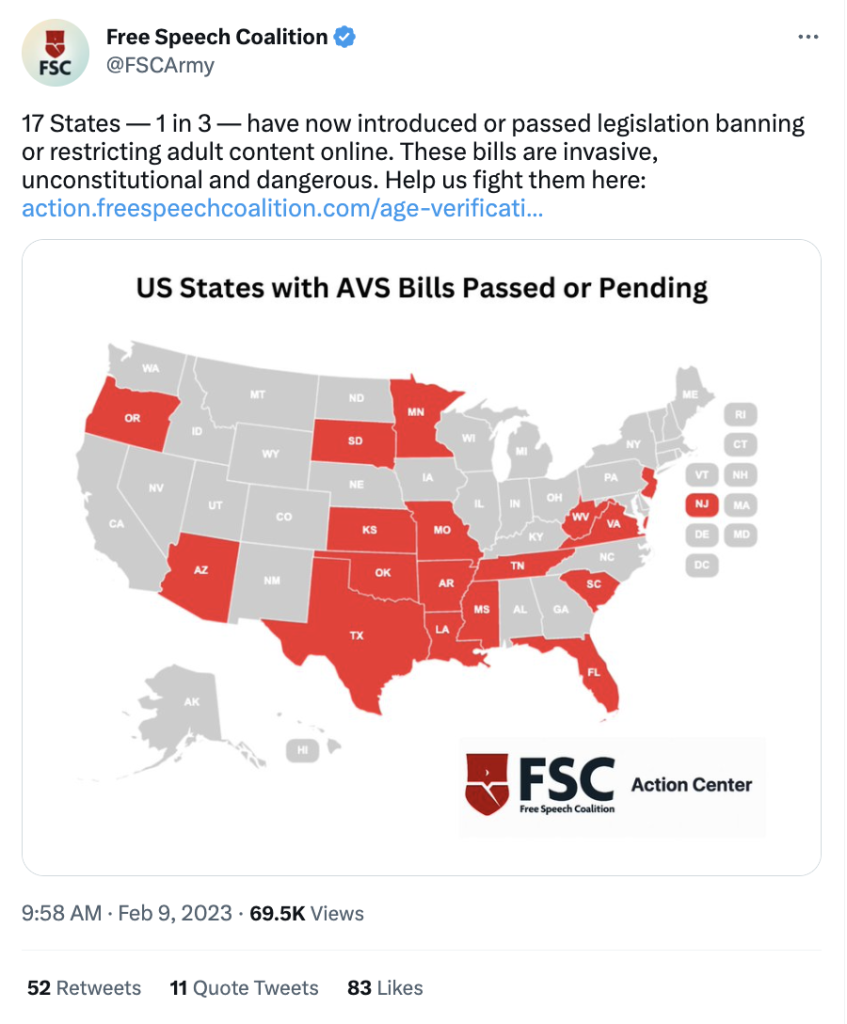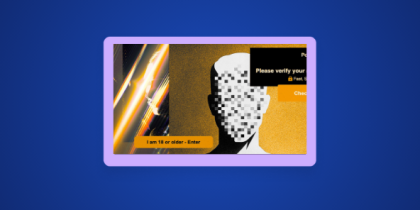Arizona has recently become the epicenter of a growing nationwide debate over digital privacy and online access. Following the enforcement of the state’s new age verification laws on September 26, 2025, searches and demand for VPN services have spiked dramatically, reflecting citizens’ concerns about their privacy and data security.
Why the Law Sparked Concern
The age verification law aims to protect minors from accessing adult or age-restricted online content. While its intent is rooted in safeguarding youth, the method of enforcement has raised alarm bells among privacy advocates and everyday internet users alike.
Under the new regulation, users must provide personal identification data, often including government-issued IDs, to verify their age before accessing certain websites. Critics argue that this approach could expose individuals to data breaches, identity theft, and digital surveillance, as verification data might be collected, stored, or shared by third parties.
Aylo told Fox 10 Phoenix that requiring adult websites to collect large amounts of sensitive personal data from users could compromise their safety — a key reason behind its withdrawal from the Arizona market.
The law, authored by Republican Rep. Nick Kupper and signed by Democratic Gov. Katie Hobbs, mandates users to verify their age using an official form of identification.
“If a company violates it to the point that they have no age verification in place and a child ends up accessing their site because no age verification was there, the parent or guardian can sue on behalf of the child for $250,000 plus attorneys’ fees,” Kupper said.
“If, for instance, a company decides to store your data, which is in violation of the law, you could sue on your own behalf for $10,000 a day that they stored your data and attorneys’ fees as well.”

Surge in VPN Searches Across Arizona
According to Google Trends data, Arizona recorded the highest search interest for “VPN” among all U.S. states in the 30 days following the law’s introduction. Interest began building in mid-September and peaked just one day after the law came into effect.
Search terms such as “free VPN,” and “how to stay private online” dominated the state’s search patterns. PureVPN also observed an increase in search demand across the U.S., reflecting a broader trend of users prioritizing online privacy and seeking ways to bypass restrictive age verification measures.
A Broader National Trend
Arizona isn’t alone in this. Currently, 24 U.S. states have implemented age verification laws, while several others have bills under consideration. As these regulations expand, more Americans are beginning to question how much personal information they should be required to share online.
This growing skepticism is part of a larger conversation about digital rights, online anonymity, and data transparency, especially as states adopt laws that require platforms to verify users’ ages or identities.
Why VPNs Have Become a Digital Lifeline
A VPN masks a user’s IP address and encrypts their internet connection, helping them browse securely and privately. For many in Arizona, it’s not just about bypassing restrictions, it’s about regaining control over their digital footprint.
The increasing adoption of VPNs reflects how users are taking proactive steps to protect their privacy in an era of tightening online regulations.








